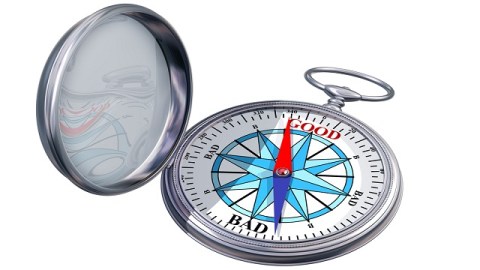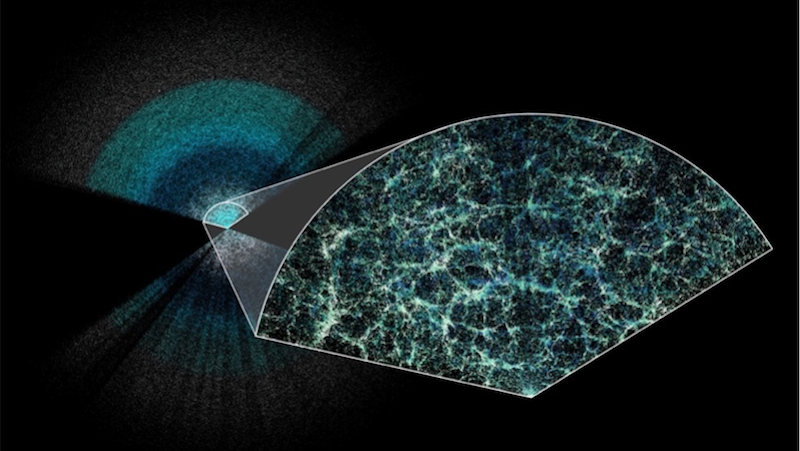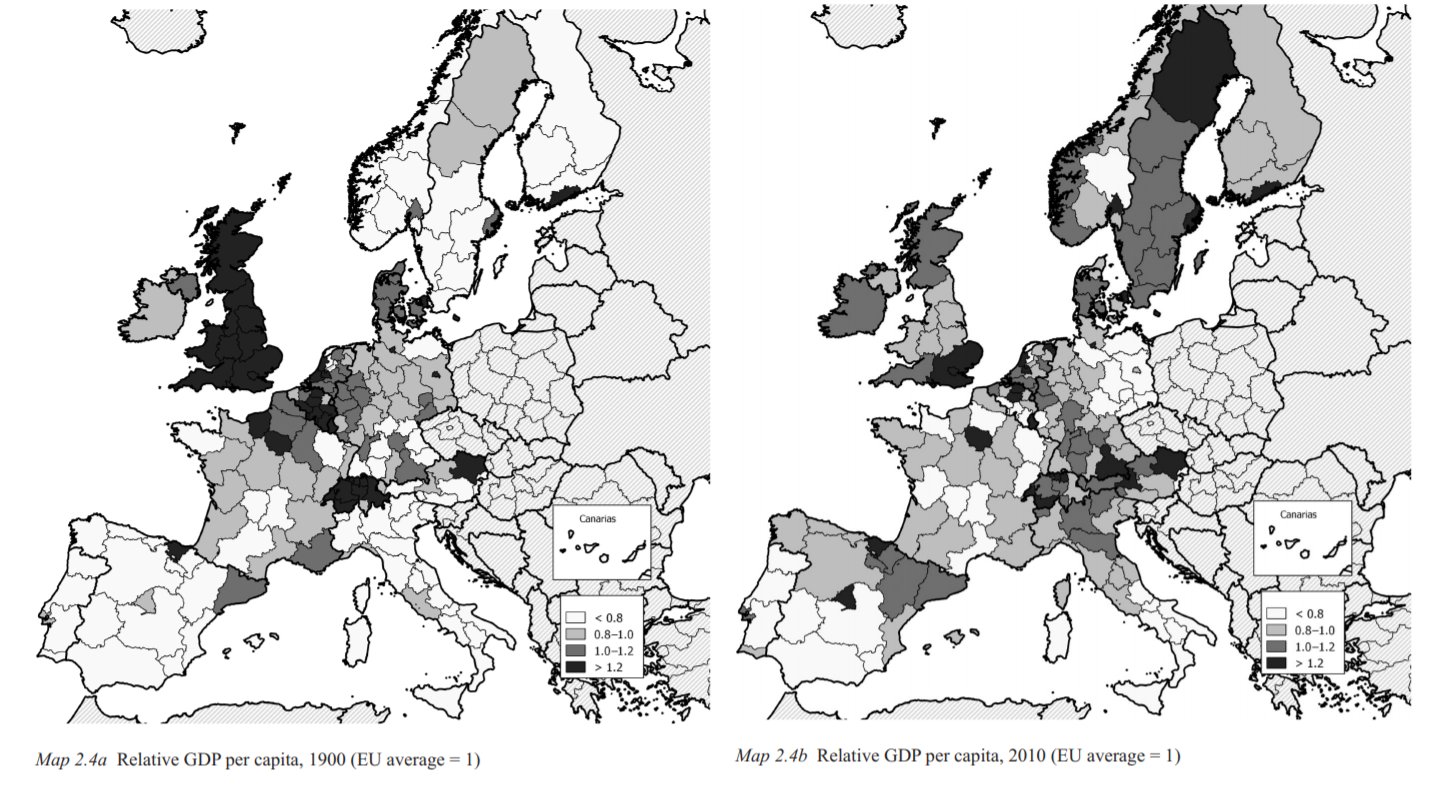Do babies have a “moral compass”?

For centuries, great thinkers from philosopher John Locke to scientist Stephen Pinker have debated whether or not humans are born with innate traits like morality and empathy. Some go with the idea of tabula rasa, believing that infants are blank slates waiting to be written on by parents, society and experience. Others suggest that evolutionary adaptations help shape our brains, providing us with the biological and psychological context for playing nice with others.
In 2007, a study led by Paul Bloom, a researcher at Yale University, suggested that infants as young as 6 months could tell friend from foe. The study was covered extensively by the media with many headlines touting that a study had shown that babies possessed a “moral compass” that was “universal and unlearned.”
But let’s take a closer look at the study method. Bloom and colleagues had infants both 6 months of age and 10 months of age watch two different staged play scenarios. In one, a wooden toy tried to climb a hill. A “helper” toy then assisted the climber. In the second scenario, a “hinderer” toy got in the way and pushed the climber down the hill. When the infants were later presented with the option to choose the “helper” or the “hinderer” toy for play, most went straight for the “helper.”
Then the researchers added a second condition. A neutral toy, that neither helped nor hindered the climbing toy, was added to the mix. When asked to choose between a helper and the neutral toy, the infants went for the helper. When asked to choose between the hinderer and the neutral toy, they preferred the neutral toy.
It’s a very interesting finding. But, the problem, of course, is that these babies were already 6 months old. There’s no telling whether or not they were born with this so-called ability to tell friend from foe. Calling it a moral compass may also be bit of a stretch. And, as babies are not so good at filling out surveys or answering questions rationalizing why they may prefer one toy over another, it can make interpreting the results of such studies difficult.
This week, a group at the University of Otago in New Zealand, challenged this landmark study, suggesting that the babies weren’t evaluating the social situation but showing a preference for the toys engaged in more interesting play. Basically, the babies weren’t making judgments on “good” or “bad” toys, but preferred the toys that did more interesting things perceptually.
While reviewing the data tapes from the Yale study, the Otago researchers noticed that toys bounced up and down at the top of the hill at the end of the helping scene. Toys also collided in some scenarios. And so the researchers repeated the Yale study, manipulating collisions and bouncing in some new trial conditions.
Sure enough, they discovered that infant preferences were linked to the bouncing more than the helping. For example, when the toy bounced in the “hinderer” scenario but not the “helper” scenario, babies preferred the bad guy.
It’s not an easy thing to work with infants–and I’m not suggesting that such work is not worthwhile. But we have to be very careful about what we take away from such studies. Certainly, the idea that there is an evolutionary adaptation in our brains that allows us to judge “good” and “bad” characters, something that would allow us to depend on the right people and help ensure survival from a very early age, is a compelling idea. But I’m not sure that we can measure it with wooden toys.
What do you think? Are all humans born with a “moral compass”? And how could we design a study that might better test such a complex quality?
Credit: Paul Fleet/Shutterstock.com





